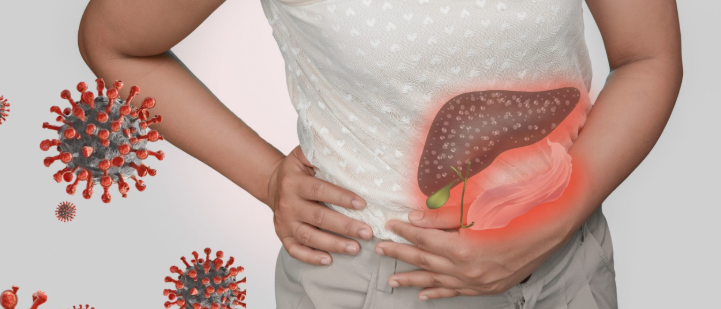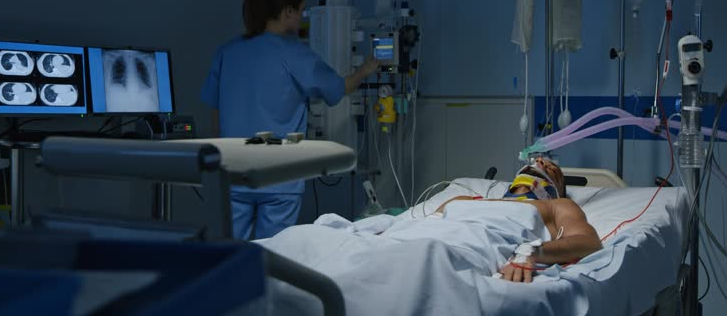Are healthcare professionals entitled to feel as badly as family members when a patient dies?
As I sat with a family who decided to terminally extubate their critically ill child, I couldn’t be overwhelmed by the sadness because it wasn’t about me. As I watched the emergency team perform cardiopulmonary resuscitation on an infant with no return of electrical activity of the heart, I couldn’t be flooded by the pain because it wasn’t about me. As I have witnessed too many unfortunate events of the death of a child, I couldn’t be paralyzed by the gravity and finality of the situation because it wasn’t about me. How do we grieve during the intimate experience of witnessing the death of a relative stranger while feeling that it is not our place to partake in the sadness of the moment?
As a physician in the pediatric ICU, death is rare but not absent. Children aren’t supposed to die. However, there are tragic illnesses and injuries that do cut a child’s life short. We work tirelessly to prevent this from happening, but we are only human, and medicine has limitations despite all of its marvelous advancements. These encounters with the most heartbreaking of situations bring us closer to the families we care for. However, we are not family.
Are we, as a medical team, entitled to feel as badly as the family? Are we, as a medical team entitled, to grieve? Our relationship with the child is not as personal or close as that of their relationship with their own family. That is a given. We may have developed a strong bond with the child and their family during their time in the ICU and may also feel extreme empathy for them under catastrophic situations even if we did not develop a strong bond with them. While they are not our family, we are still affected by the loss of the patient. Our pain is still real because we care about what happens to those whom we are charged to protect and care for. But our sadness and grief should not overshadow that of the grieving families.
Yet, we need to acknowledge our loss. We should not feel unworthy to feel sad because it wasn’t our family member who passed away. Non-family members can experience feelings of loss to a different degree that can still be quite painful. Processing and coping with these feelings is important for our own well-being because the emotional toll can be cumulative and affect our own emotional milieu. The death of a patient and the feelings that come along with the experience are real for everyone involved. In the end, as we navigate the difficult path of caring for critically ill children and witnessing their passing, we must remember that it’s not about us—it’s about the families and patients we serve. But we must also acknowledge our grief and allow ourselves to heal so that we can continue to care for others.





















Create Post
Twitter/X Preview
Logout